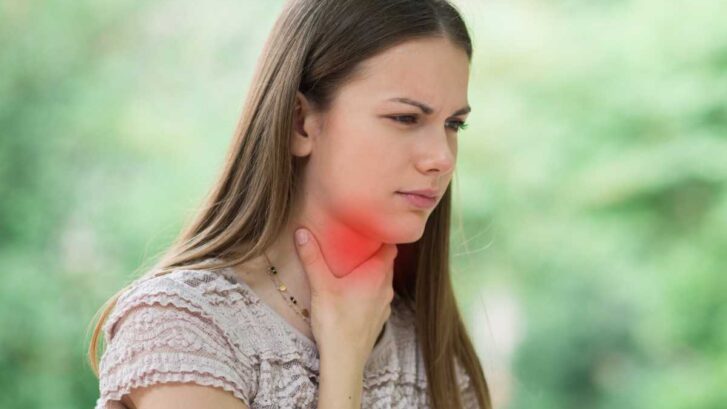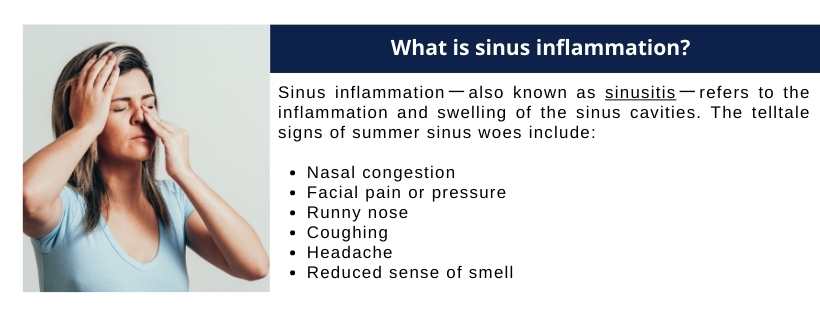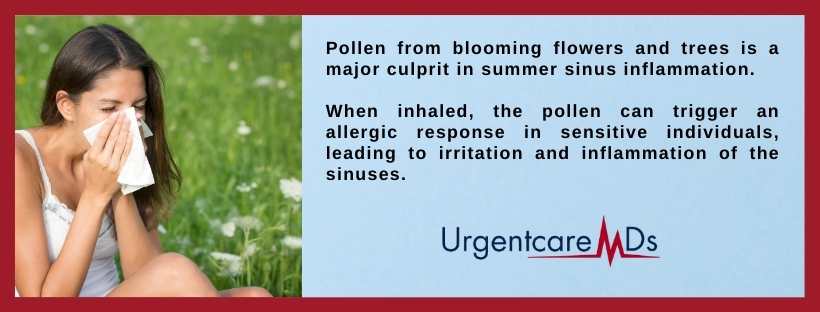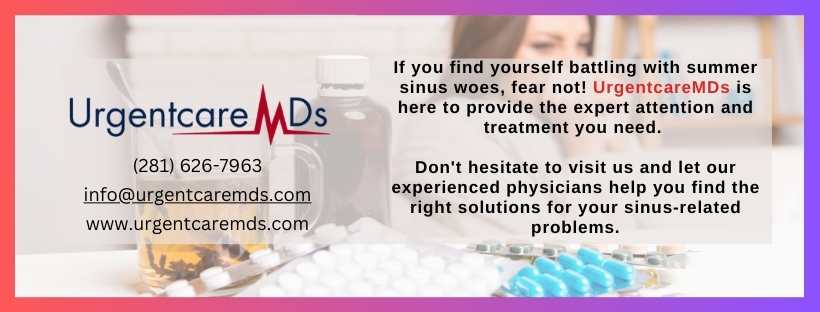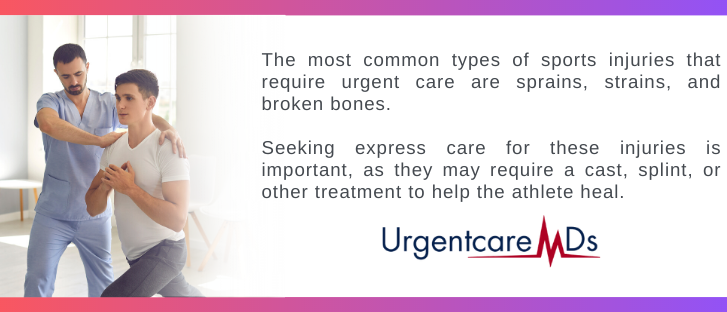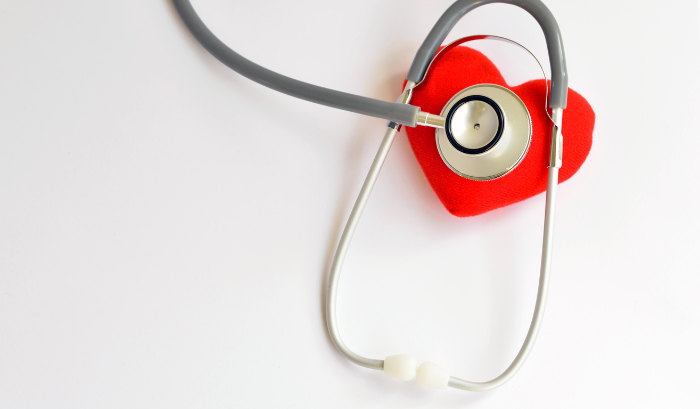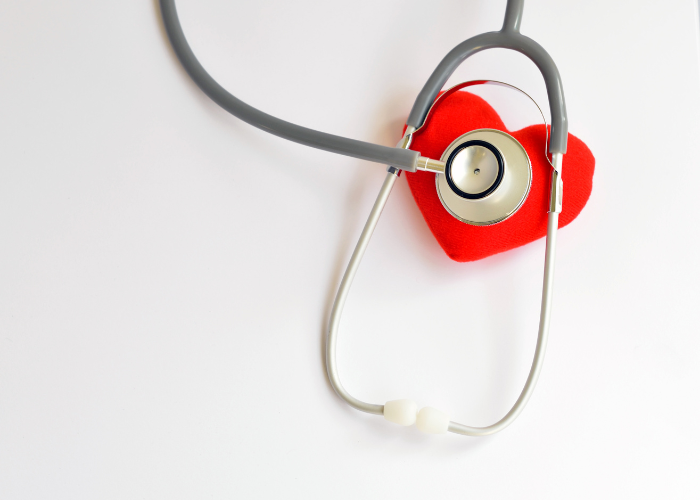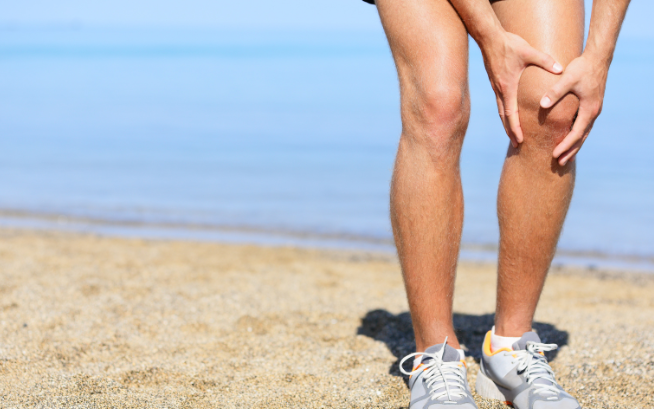How do you Soothe a Sore Throat in the Winter?
As the temperatures drop and the air becomes drier, many of us are susceptible to a typical winter ailment – the dreaded sore throat. A sore throat can quickly damper our daily activities, whether due to a cold, the flu, or dry winter air.
But fear not because, in this blog, we’ll share some helpful tips and tricks on how to stop a sore throat in its tracks. From natural remedies to prevention techniques, we’ve covered everything you need to know to keep your throat healthy and happy during winter. So grab a cup of hot tea, and let’s dive in!

Why do I get a sore throat in the winter?
Why does a sore throat happen more often in the winter? Is it just a coincidence, or is there a science behind it? The truth is that the winter season can wreak havoc on our immune system, making us more susceptible to infections and illness. The chilly air can dry out our throat, making it easier for viruses and bacteria to penetrate and cause inflammation.
But that’s not the only reason. During the winter, we tend to spend more time indoors near others, increasing the risk of catching a cold or the flu. The dry indoor air and lack of ventilation can also make us more vulnerable to respiratory infections.
Is it normal to have a sore throat in winter?
It is entirely normal to have a sore throat in winter. The cold and dry air can cause irritation and inflammation in the throat, resulting in discomfort and pain. However, if your sore throat persists for more than a week or is accompanied by other symptoms such as a fever or difficulty swallowing, it may be a sign of a more severe infection, and you should consult a doctor.
How long does a winter sore throat last?
While the timing of a winter sore throat can vary from person to person, the average duration is about 3-7 days. However, this can depend on several factors, including the severity of the infection, the individual’s immune system, and whether or not proper treatment is sought.
The first few days of a winter sore throat are typically the most uncomfortable. Symptoms may include a scratchy or itchy feeling in the throat, pain when swallowing, and difficulty speaking. This is a sign that the virus is actively attacking the throat tissue. As the infection progresses, the body’s immune system kicks in to fight off the virus, which can cause additional discomfort and fatigue.
What are the common causes of sore throats in the winter?

Here are the common causes of sore throats in the winter and how to prevent them:
- Common cold and flu
The cold and flu viruses peak during winter. These viruses are highly contagious and can spread through contact or droplets from an infected person. When you come in contact with these viruses, they attack the lining of your throat, causing inflammation and irritation. This leads to a sore throat and other symptoms like a runny nose, cough, and fever.
- Dry air
During the colder months, the air tends to be drier due to low humidity. This dry air can irritate your throat, making it feel sore and scratchy. Additionally, constant heaters at home and in buildings can further dry out the air, exacerbating your sore throat.
- Allergies
If you’re prone to allergies, the winter season can wreak havoc on your respiratory system. Allergens like mold, dust, and pet dander are more likely to be present in closed spaces during the winter. Breathing in these allergens can cause inflammation in your throat, resulting in a sore throat.
- Acid reflux
Acid reflux, also known as heartburn, is common when stomach acid flows back into the esophagus. This can cause a burning sensation in the throat, leading to a sore throat. In the winter, people tend to indulge in comfort foods like spicy or acidic dishes, which can trigger acid reflux and worsen a sore throat.
- Overuse of voice
The colder weather can also lead to increased social and family gatherings and holiday events. This usually means a lot of talking, singing, and screaming, which can strain your vocal cords and lead to a sore throat. Heaters and dry air can further exacerbate this strain, making your throat even sorer.
Tips for stopping a sore throat
A sore throat can be a major inconvenience, especially in everyday tasks like talking, eating, and sleeping. Luckily, several tips and remedies can help alleviate the pain and stop a sore throat in its tracks:
- Wash your hands frequently
One of the easiest ways to prevent the spread of viruses is by washing your hands regularly. Use soap and warm water and rub your hands thoroughly for at least 20 seconds. This can help remove any viruses or bacteria that you may have come in contact with.
- Stay hydrated
Drinking fluids, especially warm ones, can help soothe a sore throat. It also helps to keep your throat lubricated and prevent dryness. Try drinking hot tea or warm water with honey to help relieve a sore throat. There are recommended teas to keep you warm during winter.
- Use a humidifier
Investing in a humidifier can help add moisture to the air in your home or office, reducing the dryness that can irritate your throat. Clean and change the water in the humidifier frequently to prevent bacteria and mold growth.
- Avoid triggers
If you suffer from allergies or acid reflux, it’s essential to avoid your triggers, especially during the winter. This may include avoiding certain foods, using allergy medication, or elevating your head while sleeping to prevent acid reflux.
- Rest your voice
If you’ve been using your voice often, give it a break and rest. Avoid talking loudly or straining your voice, and try to use alternative methods of communication, such as texting or writing.
Sore throats in the winter are a common annoyance, but knowing the common causes and taking preventive measures can reduce your chances of getting one. Remember to take care of your overall health by eating a balanced diet, exercising regularly, and getting enough rest to boost your immune system and keep those sore throats at bay.
Find fast and effective relief for your winter sore
Are you tired of suffering through the winter with a painful sore throat? Are you searching online for a trusted “urgent care near me?” Look no further than UrgentCareMDs for quick and effective relief!
Our experienced primary care physician in Baytown, TX, is ready to provide you with personalized care to stop your sore throat in its tracks. From soothing remedies to preventative measures, our team has you covered all season. Don’t forget to get your COVID testing and flu shots in Bayton at our convenient location:
With extended hours and same-day appointments available, we make it easy to get the care you need when you need it. Trust UrgentCareMDs for all of your winter healthcare needs. Stop by or schedule an appointment now!

***
The material on this site is for informational purposes only and DOES NOT CONSTITUTE THE PROVIDING OF MEDICAL ADVICE, and is not intended to be a substitute for independent professional medical judgment, advice, diagnosis, or treatment. Always seek the advice of your physician or other qualified healthcare provider with any questions or concerns you may have regarding your health.

